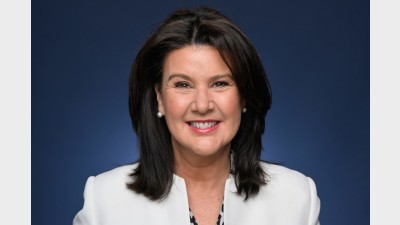APRA issues conglomerates guidance


Australia's largest financial services conglomerates have been placed on notice by the Australian Prudential Regulation Authority (APRA) that they have to take consistent responsibility for all elements of their businesses, even those which fall outside APRA's jurisdiction.
The point has been made in draft guidance issued by APRA which the regulator has said it will not move to make effective until after the Government proceeds on the basis of the Financial Systems Inquiry (FSI).
However the draft guidance, which will apply to all the major banks as well as AMP Limited, Challenger, Macquarie Bank and Suncorp, makes clear that the regulator is looking for a group-wide approach.
Commenting on the draft guidance, APRA chairman, Wayne Byres made the point that the eight conglomerate groups to which APRA intended applying the planned "Level 3 framework" controlled approximately 80 per cent of the assets of all APRA-regulated institutions.
"The importance of strong group-wide governance, risk management and capital adequacy is therefore critical not just to these groups, but to the stability of the financial system more broadly," he said.
The draft guidance document states from the outset that, "Level 3 groups must develop and maintain group-wide policies that establish consistent business practices for governance, fitness and propriety of key staff, business continuity management and outsourcing".
"APRA's cross-industry behavioural prudential standards on these aspects of corporate governance are required to be applied across Level 3 groups, including to non-APRA-regulated institutions engaging in business activities that may have a material financial or operational impact on the group," it said.
Elsewhere in its draft guidance, APRA said it remained of the view that groups containing systemically important banks "cannot restructure to address contagion risk arising from the group's non-APRA-regulated institutions".
"APRA considers that there is a serious risk that financial markets will expect an Authorised Deposit-taking Institution (ADI) that dominates its group to cover losses sustained by group members, even if the affected members are operationally separated or separable from the ADI," it said.
"If this market expectation is not met, markets could form the view that the ADI is unable rather than unwilling to cover these losses. This loss in market confidence could adversely affect the ADI's liquidity position and, ultimately, its viability."
Recommended for you
In a Senate submission, the Financial Services Council said super funds should be able to nudge members on engaging with their super and has cautioned against default placements.
The Joint Associations Working Group, which counts FSC in its ranks, has issued an urgent warning to the government.
Senator Jane Hume will join the speaker lineup at the inaugural Australian Wealth Management Summit.
New research from ART has found less than a third of women feel their superannuation is in a good position, reiterating the importance of opening up the advice arena to super funds.












Add new comment